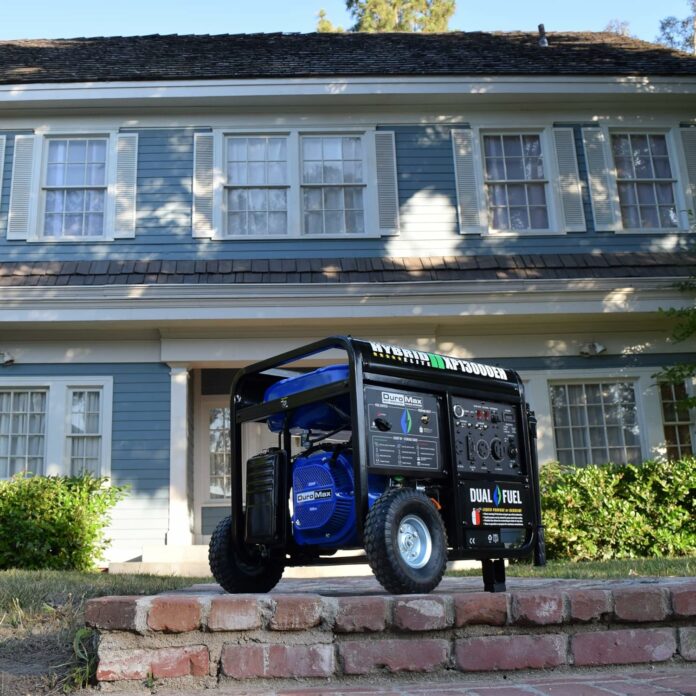Introduction
In today’s world, where power outages can be both unpredictable and inconvenient, having a reliable generator can be a game-changer. Whether it’s for emergency backup power at home, recreational use, or industrial applications, the right generator can ensure you’re never left in the dark. However, with so many options available, choosing the right one can be overwhelming. This comprehensive generator buying guide is designed to help you navigate through the myriad of choices and find a generator that perfectly suits your needs. From understanding power requirements to evaluating fuel types and considering portability, we’ll cover all the essential factors to consider before making your purchase.
Understanding Your Power Needs
Assessing Power Requirements Before diving into the specifics of generator types and features, it’s crucial to understand your power needs. This section should discuss how to calculate the wattage required for the appliances and tools you plan to power. Emphasize the importance of considering both starting and running wattage.
Types of Generators Generators come in various types, each suited for different applications. This part should introduce the reader to standby, portable, inverter, and industrial generators, highlighting their unique features and ideal usage scenarios.
Fuel Type and Efficiency
Fuel Options Different generators run on different fuel types such as gasoline, diesel, propane, or natural gas. This section should explain the pros and cons of each fuel type, including availability, cost, storage, and maintenance.
Fuel Efficiency and Runtime Discuss the importance of fuel efficiency and how it affects the overall cost and runtime of the generator. Highlight features like eco-mode in inverter generators and how they can optimize fuel consumption.
Portability and Size
Portability Considerations For those needing a generator for camping, RVing, or other mobile activities, portability is key. Discuss the factors that affect a generator’s portability, such as weight, size, and built-in handles or wheels.
Size and Output Explain how the physical size of a generator correlates with its power output and the implications for storage and transportation.
Features and Technologies
Advanced Features Modern generators come with a variety of features. Highlight important ones like automatic start, multiple outlets, digital displays, and remote monitoring/control.
Noise Level For many users, the noise level is a crucial factor. Discuss the importance of decibel ratings and how inverter generators are typically quieter.
Safety and Maintenance
Safety Features Safety is paramount when using a generator. Outline key safety features to look for, such as circuit breakers, low-oil shutoff, and carbon monoxide detection.
Maintenance Requirements Discuss the maintenance needs of generators, including regular oil changes, filter replacements, and general upkeep to ensure longevity and reliability.
Conclusion
Conclude by summarizing the key points made in the guide. Emphasize the importance of carefully considering your specific needs and preferences when choosing a generator. Encourage readers to weigh the pros and cons of each option and remind them that the right generator can provide peace of mind and convenience for years to come.
Keywords:
Generator buying guide, Best generators for home use, Portable generator, Standby generator, Inverter generator, Generator fuel efficiency, Generator safety features, How to choose a generator, Emergency backup power, Generator maintenance


